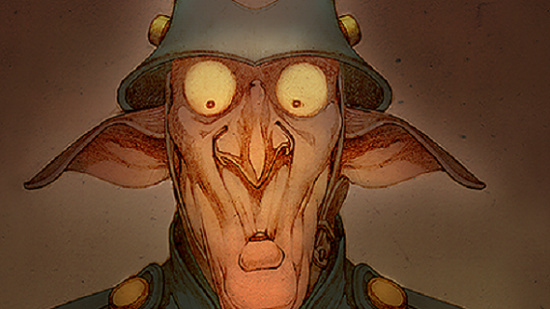Sergei Klimov has worked in the game industry for over 20 years. He has seen the business from every angle, running a European distribution company, as well as working on the business side at studios such as Larian and Daedalic. These days, he runs his own indie studio in Lithuania, Charlie Oscar, who recently released their first game: Gremlins, Inc. Having adapted to the game industry’s changes over the years – from the advent of digital distribution to the rise of key resellers such as G2A – Klimov’s work history gives him insight into the business from a European perspective.
Related: G2A and Gearbox partnership falls through.
Over the past six or seven years, digital distribution has changed PC game development in many ways. One of the biggest is how it has created opportunities for smaller teams to thrive. Where there used to be more mid-sized teams, you now have smaller teams filled with developers who are generalists; the person who makes a game’s UI might also do the 3D modelling and put together the trailers. At the same time, mid-sized studios in Europe that could still afford to hire specialists have also changed, becoming powerhouses.
“If you look at Wargaming, they are now maybe 600 people,” Klimov says. “That used to be a smaller studio with 20, 30, or 40 people. They exploded and now they’re running this huge operation on free-to-play internationally.”

While this may be good news for the studios who managed to ride the right waves at the right time, not everyone was as fortunate. Studios that could not adapt to the market, ended up closing down. The speed the game industry moves at means studios have to evolve or die. Latch onto the wrong trend at the wrong time and you are just as likely to fail as those who do not move – Crytek, infamously, lost players, staff, and studios after a well-meaning, but ill-fated, bet on free-to-play. For Klimov, the deaths of myriad mid-sized studios is not all bad.
“In a lot of ways it was a good thing to happen, because a lot of those studios were propped up or deficient,” Klimov says. “You would deliver a mediocre game, ship it to the retailer, the retailer would give you money, then you would do a sequel to your mediocre game. Those boxes would sit on the shelves, the retailer would flop or end up selling for a couple of dollars.
“In Russia, we could ship and sell 30,000 copies like that. It didn’t matter what sort of game it was. Then you walk into the retailer a couple of years later and you’re still seeing those boxes there, you’re like, ‘Oh shit’. It didn’t go into someone’s hand, it was just sitting on this long shelf.”
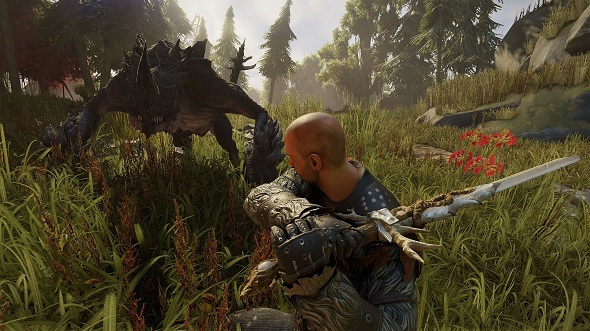
The shift to digital distribution means those long shelves now exist digitally in the ether, stretching on forever like the empty void of the loading area in Assassin’s Creed’s animus. Still, even though PC gaming is mostly in the cloud, the business is still bound by some peculiar regional quirks.
“Poland is in the European Union, so when you sell something on Steam you have to have the same price [everywhere],” Klimov explains. “But Polish customers earn two or three times less – what can you do? Then you go to a Polish website which is selling Steam keys and you see that on average they are 40% cheaper, even for big titles like Civilization, for example. How do they do that? Well, there are Polish publishers who sign up to release your game in Poland, then actually maybe 500 boxes are produced – everything else is just sold as keys. It’s kind of a trick. They say they’re going to do a retail Polish edition so they need a specific amount of keys, then those keys end up on this website and they’re selling it.”
Before this, Polish customers would often simply wait for sales, rarely purchasing games for full price at launch. Still, with 40 million people living there, it is not a market developers can afford to ignore.
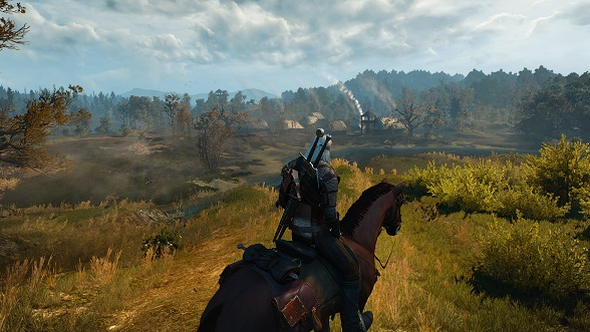
Even away from the audience, Eastern Europe’s game industry is thriving. CD Projekt Red are proof of what can be achieved. Then, over in the Czech Republic, games such as Darkest Dungeon, Space Engineers, and Kingdom Come: Deliverance highlight a lively, ambitious development scene.
“There’s tons of studios in the Czech Republic that have found the freedom to go to the market,” Klimov says. “I’m not sure if this would happen before. Before, they would go to a German publisher and they would say, ‘Make it easier, make it simple’. It would sell OK, the publisher would pocket most of the money, the Czech team would survive to the next level, but they would never develop all those amazing features they are making right now. For Eastern Europe, the whole shift to digital distribution has been an amazing chance for studios to carve out their own fate.”
Of course, it helps that these studios have much lower overheads than their rivals in the US. But while digital distribution has opened up the world to these European developers, it has also created new ways for people to bypass buying from Steam directly, just like those old Polish publishers accruing extra keys to sell on later.
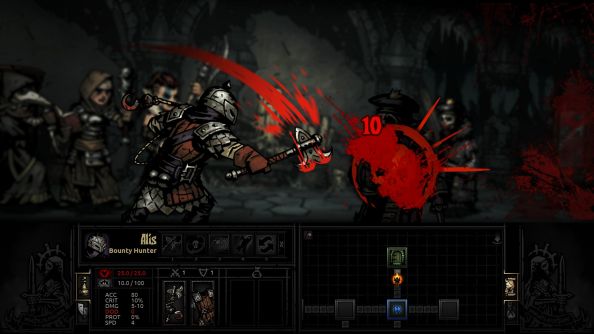
“There’s no way you can cut [G2A] out or cut out this business model,” Klimov exclaims. “Let me give you an example: so you do a Monthly Humble Bundle, you’re sending out 120,000 keys. Let’s say half of those people typically activate and half don’t even activate the games. Someone out there forgot about this game. Someone looked at this game and thought ‘I don’t need it, so I’ll sell it, maybe on eBay, or on a forum’. As long as you have thousands of keys, there is going to be a marketplace for them, for sure.
“We don’t have a problem with G2A because we’re not giving out keys and we’re not in bundles. I totally disagree with making them a scapegoat for what is essentially a problem with managing keys on the development side. Steam is now cutting down on the key requests and there’s a lot of denials from people who have sold 5,000 copies of the game and they want 15,000 keys for something. Valve knows that that’s not good, because those keys are going to end up on G2A. G2A is not evil, it’s just not a very well organised UI for the website, which makes it easy for people who are not entirely honest to sell keys that don’t really work. But I think a lot of developers are blaming them for their own mistakes, and I feel a bit sad about this, because it’s the same with [the discussions about] toxic [behaviour].”
Klimov believes that developers need to take more responsibility, instead of blaming key resellers and even their own audience for their woes. The latter point is in response to a recent post on the Steam Developer Forums, in which developers were raising the issue of toxic communities and the methods of dealing with them.
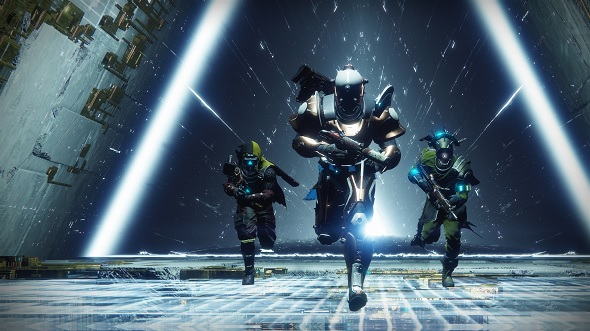
“After 20 messages one of the developers started to say, ‘Oh, you know, those shit assholes, freaking bastards’,” Klimov says. “I was like, ‘Are you really talking about your customers? You are being the example of the person that you hate yourself’. You cannot say your customer is an asshole because they don’t like your game. It’s their right, just like you can go to a restaurant, have some food, and give them one star on TripAdvisor.”
Klimov is of the opinion that developers should cultivate their communities better, listen to the feedback, and act on it, instead of aping the behaviour that they are against. He believes a similar hands-on approach would be the best tool in the fight against key resellers.
“Let’s say Blizzard – if Blizzard have a problem, they should look into the regions where the keys are leaking from,” he says. “We used to work in retail distribution. At one point we worked with Take-Two, and Take-Two would sell us their console stock at a really high price. And then we would go to the shop and see their games sold below the price that we paid in London for the stock to come through. We were like, ‘man, how does this happen?’
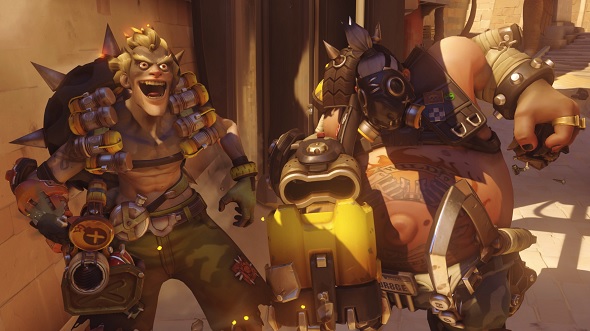
“So we bought a couple of samples, looked at the codes and where they were printed. We traced them back, some of them went through Singapore, Dubai, and the Middle East. We said, ‘hey, if you want to have higher sales in Russia you should not sell tons to Dubai because they are buying it to sell to other regions’. A lot of it is wanting to blame other people for what is a systematic problem.”
Luckily, people are already trying new methods to combat key resellers. Recently, Brian Fargo, CEO of InXile Entertainment, launched Robot Cache, a new digital distribution service that allows the resale of games with its own cryptocurrency. That currency can then be spent on other games on the platform – think trade-ins for the digital age. There are ways to fight against the tide, but in an industry as fast-moving as ours, as many failed studios have proven, latching onto the wrong trends can be disastrous. One thing is for sure, however: if the model remains the same, places like G2A are going to keep existing.
